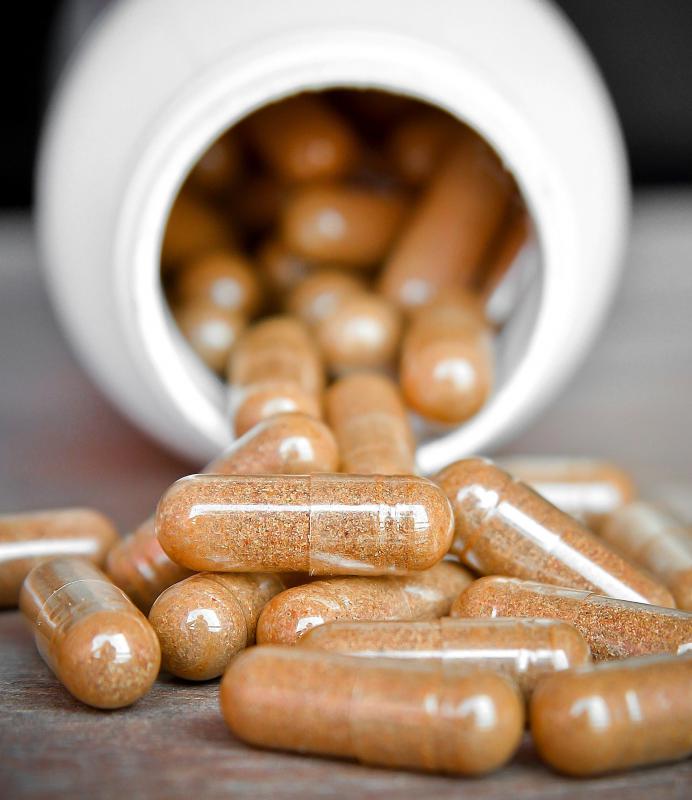At WiseGEEK, we're committed to delivering accurate, trustworthy information. Our expert-authored content is rigorously fact-checked and sourced from credible authorities. Discover how we uphold the highest standards in providing you with reliable knowledge.
What is an Anti-Microbial?
An anti-microbial is a manmade chemical or an all-natural substance that kills or prevents the growth of microbes. Viruses, bacteria, fungi and protozoa are different forms of microbes, more commonly known as "bugs" or "germs." The various anti-microbial drugs used to treat and prevent disease and sickness are antibiotics, antiprotozoals, antivirals and antifungals. Successful control and killing of a microbe requires knowing what type of "bug" it is in order to attack it with the appropriate anti-microbial.
When an anti-microbial does not actually kill a microbe, it weakens it instead to the point of making it easier for it to be attacked and killed by the person's immune system. No matter whether an anti-microbial directly kills or merely weakens foreign invaders that cause sickness and diseases, the results are the same — recovery from the condition that was caused by the microbe. Most antibiotics fight bacteria, not viruses. A virus is more difficult to kill or weaken enough for the immune system to kill because it has to live within a host, whereas a bacterium can live independently. Bacteria, however, can become resistant to antibiotics, which is why anti-microbials have been chemically altered to render them more effective.

The majority of antibiotics belong to the same family as penicillin, or they are cephalosporins. Sulfas are antibiotics that are made entirely in a laboratory by man. They do not kill bacteria; they can do no more than stop their growth, and patients might suffer very unpleasant side effects when taking sulfas, especially if they do not closely follow their doctor's instructions for taking them.

Some microbes produce other microbes, to which they are resistant. For example, the mold penicillium, from which the popular antibiotic penicillin is produced, is not itself killed by penicillin. Much of the problem with treating infections with antibiotics has been linked to the overuse of these drugs in factory-farmed animals that are at constant risk for contracting disease.
There are many anti-microbials in nature that can often act as a safer and all-natural alternative to chemical antibiotics, antivirals, antifungals and antiprotozoals. Some can be used internally for sickness, disease and infections, and others can be used only externally. Among the most well-known and effective anti-microbials are the herbs goldenseal, licorice root, echinacea, St. John's wort and raw garlic. Goldenseal is an antibiotic, antiprotozoal and antifungal.
St. John's wort has been found to have antibacterial and antiviral properties. Licorice root has properties that appear to hinder the microbes behind diseases such as hepatitis B and the human immunodeficiency virus (HIV), and it has been found to reduce the time it takes for wounds to heal. Wounds tend to heal more rapidly when kept free of germs. Echinacea has very mild antibacterial properties, but it typically is listed among substances that help to kill microbes because it stimulates the immune system.
AS FEATURED ON:
AS FEATURED ON:












Discuss this Article
Post your comments